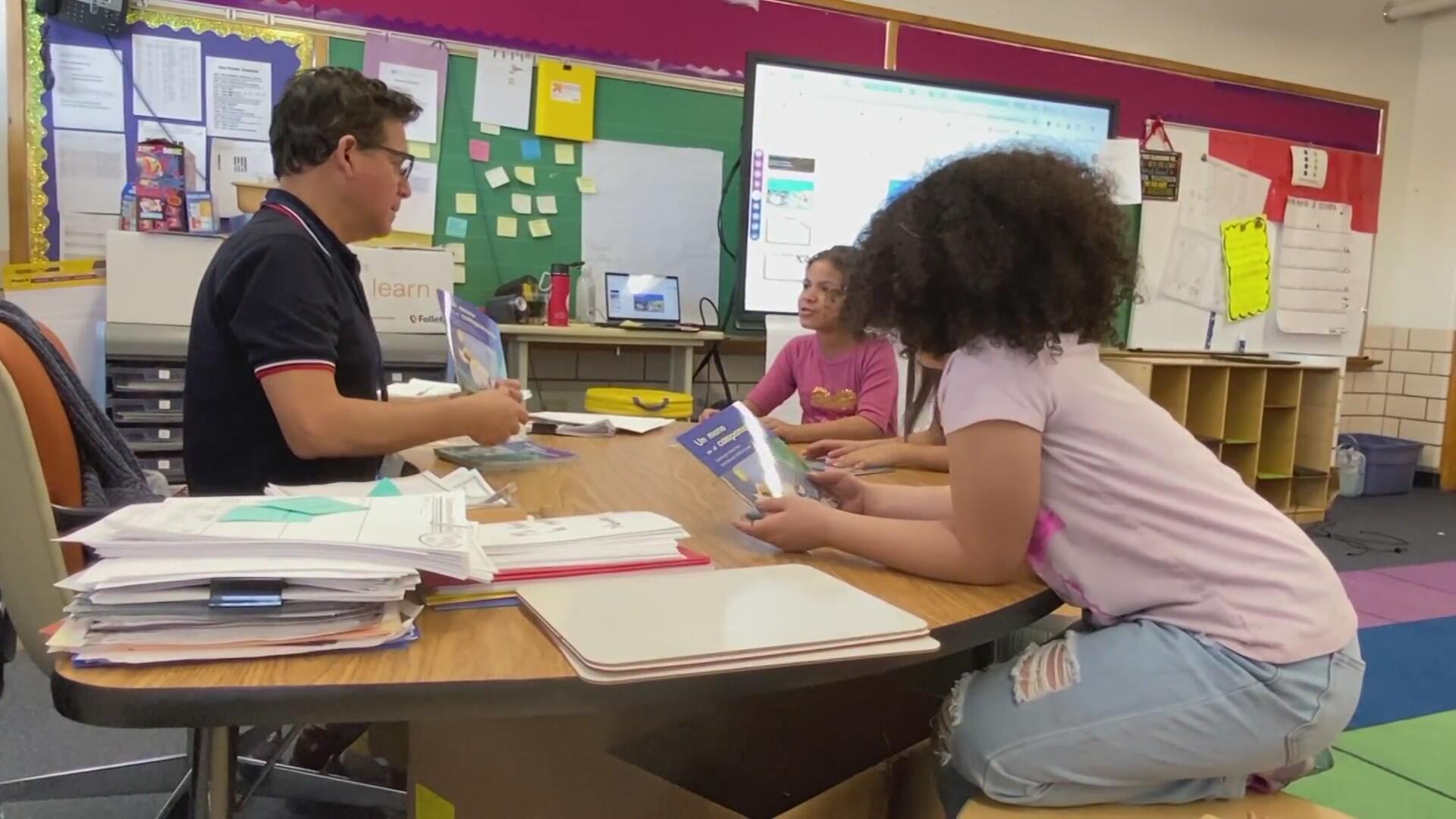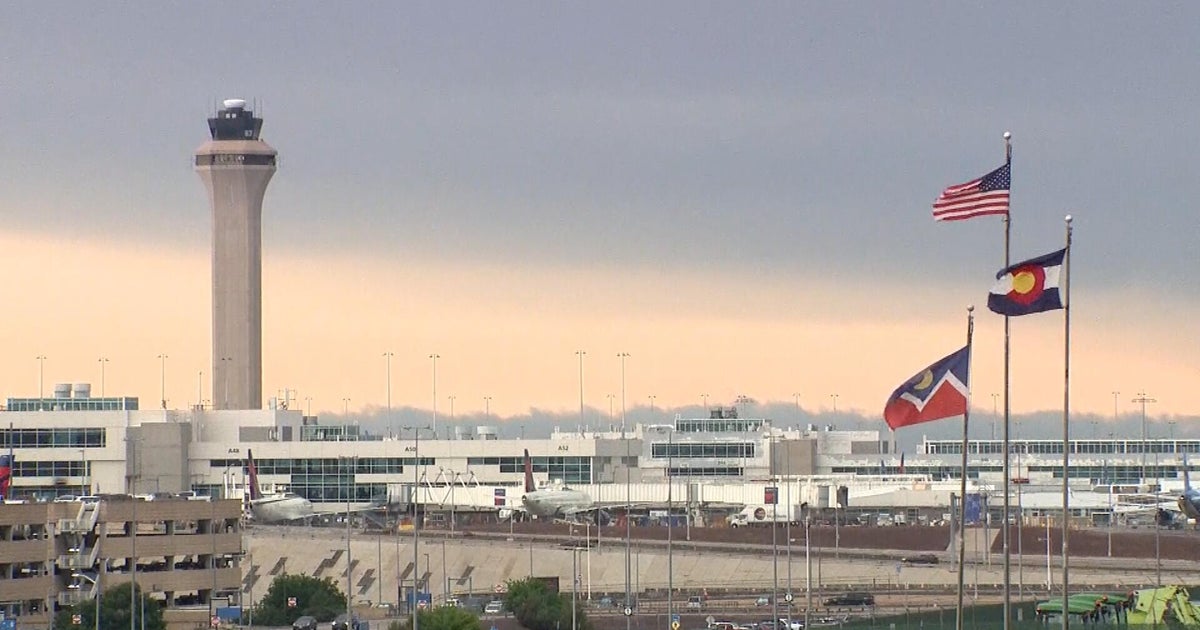Denver Public Schools is one of many Colorado districts to feel the impact from freeze on education grants
School districts across Colorado could lose up to $70 million in funding after the Trump administration withheld nearly $7 billion in education grants expected nationwide on July 1.
Denver Public Schools, the state's largest district, warns that a delay in these federal funds could result in significant program cuts -- particularly for vulnerable student populations, including migrant youth, English learners, and students in low-income communities.
"If those funds don't get released, the impact will be felt across the district," said Chuck Carpenter, chief financial officer for Denver Public Schools. "This is completely unprecedented. It never happens -- and everyone, as parents and citizens, should be concerned, too."
Carpenter said this is the first time in his five-year tenure that the district did not receive its expected federal funding on July 1.
"The government's fiscal year starts the previous October -- we've been planning for this since October 2024," Carpenter said. "If there were future cuts, they would typically apply to next year's budget, not the current one."
The funding in question supports teacher training, services for English learners and migrant students, and other equity-driven education programs. DPS says a $10 million shortfall now looms over the district's budget.
"Schools have their staffing set. Our programs are ready to begin in August 2025. The budget is in place," Carpenter said. "To get news that these funds -- fully legal and appropriated by Congress -- are not coming? That's just not right."
According to the U.S. Department of Education, the delay is due to a review of whether the grants align with President Trump's priorities -- a move that could prompt legal challenges.
"There's likely to be litigation about this," Carpenter said. "If it turns out the executive branch can just say, 'We're not going to spend the money Congress appropriated,' then sometime this fall, DPS will have to make very difficult decisions to balance the budget without those funds."
Statewide, nearly 37% of Colorado students are Hispanic. In Denver Public Schools, that number rises to about 50%. During the 2023-24 school year, the district welcomed more than 2,700 newcomer students.
District leaders emphasize that the delay is not just a financial issue, but one of educational equity.
"DPS is probably providing more multilingual services than any other district in the entire state," Carpenter said. "These are real dollars that impact real people's lives. You don't just cut $10 million out of the budget without serious consequences. It will be felt."
Gov. Jared Polis spoke about the funding freeze, calling it a direct attack on Colorado students, teachers, and families.
"This funding for our schools is already obligated, and it's absurd that the federal government withheld it. Investing in education and ensuring that Colorado children have the best possible future has been a top priority, and it's disappointing to see the federal government hurt students and teachers. This funding freeze is a direct attack on children, families, and Colorado educators and would take away critical resources from our schools. My administration has taken major steps in ensuring every Colorado student and educator has the best environment to learn and grow, from free, full-day kindergarten and preschool, and fully funding Colorado schools. We remain committed to protecting needed resources for Colorado schools and urge the Trump administration to reconsider this harmful freeze."
Colorado Education Commissioner Susana Córdova added a statement as well: "Unless federal funding levels are restored, Colorado is projected to lose more than $70 million in education support for the 2025-2026 school year based on current allocations for Title I-C, II-A, III-A, IV-A, and IV-B programs. These funds are essential to supporting students, educators, and communities across all 178 school districts and BOCES. Without them, schools may face significant cuts to programs and services that families and educators rely on. These programs help ensure every child-no matter where they live-has the opportunity to learn, grow, and succeed."
School districts across the state -- and the nation -- could face similar impacts if the funds remain frozen. District leaders are urging the U.S. Department of Education to act quickly or risk long-term harm to public education systems.






